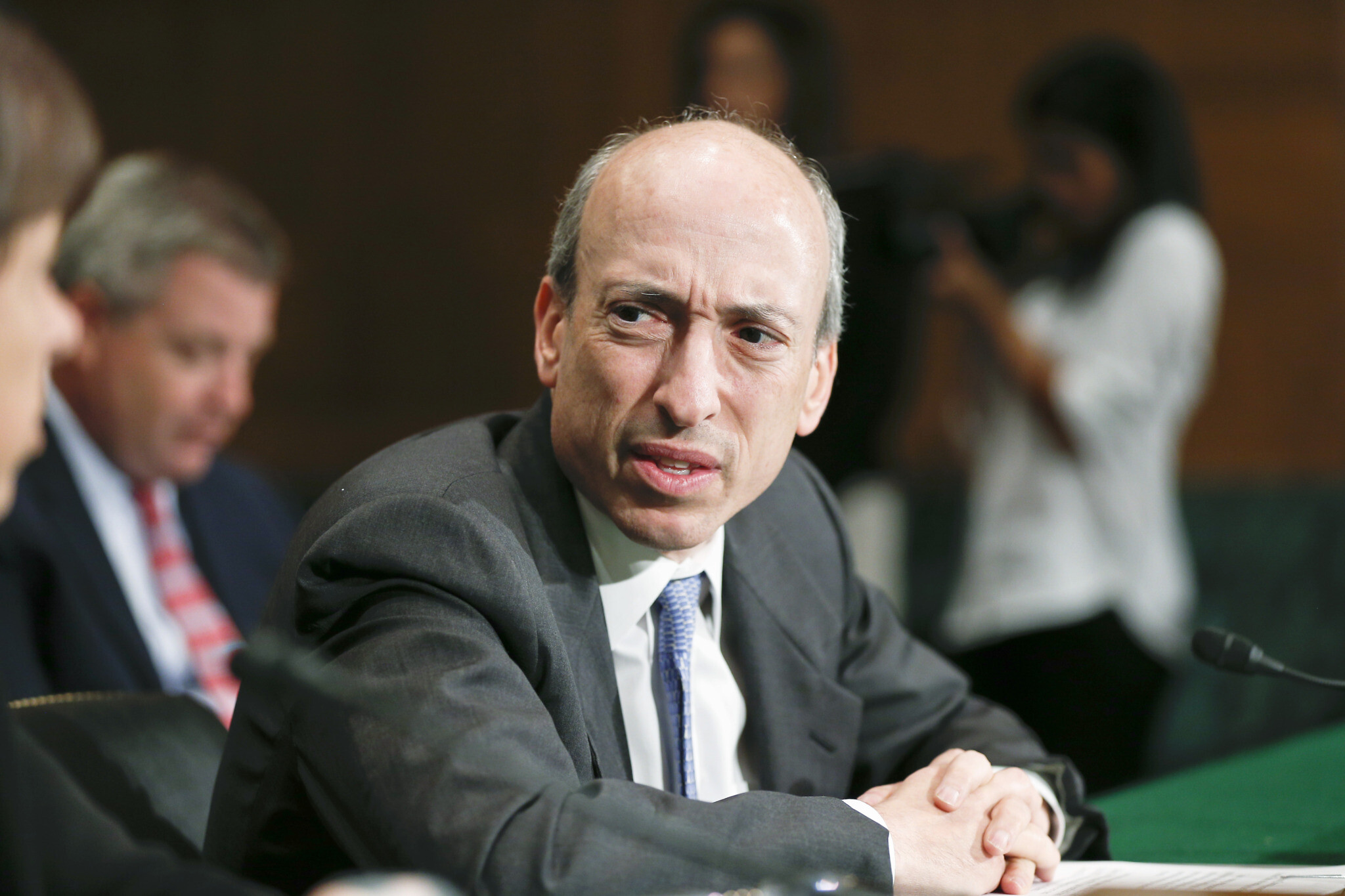October 18, 1957, saw the birth of Gary Gensler in Baltimore, Maryland. Having grown up in a middle-class household, he had an early interest in business and economics. At the University of Pennsylvania, Gensler studied at the Wharton School and graduated with a Master of Business Administration and a Bachelor of Science in Economics. His educational background had adequately qualified him for a job in finance and regulation.
A job on Wall Street
At one of the most well-known Wall Street investment firms, Goldman Sachs, Gensler started his professional career. He rose through the ranks at Goldman Sachs during the course of his eighteen years there, becoming a partner and co-head of finance. His profession involved managing large portfolios and navigating intricate financial markets, which enhanced his understanding of market dynamics and regulatory frameworks. He worked at Goldman Sachs and had a thorough grasp of the inner workings of the financial sector.
The CFTC and Community Involvement
President Barack Obama nominated Gensler Chairman of the Commodities Futures Trading Commission (CFTC) in 2009, bringing him from Wall Street to government service. Gensler’s term ended in 2014, however he was instrumental in putting the Dodd-Frank Wall Street Reform and Consumer Protection Act into effect. By lowering risk and enhancing transparency in the financial industry, this law aims to stop a recurrence of the 2008 financial crisis. A strong case was made by CFTC chairman Gensler for more regulation of the derivatives industry, which was crucial to the financial crisis.
Promoting Financial Reform
Throughout his time at the CFTC, Gensler showed how steadfastly he believed in financial reform. He was well-known for opposing derivatives market regulation and for pushing for more transparency in financial transactions. He publicly said that tougher rules were needed to protect consumers and preserve market stability, and he continued to push for reform even after assuming his official responsibilities. Gensler’s efforts yielded both positive and negative criticism, underscoring his significance as a pioneer in finance regulation.
Scholarly Input
Gensler was active in the academic and regulatory finance areas even after he left the CFTC. He received a professorship in the Practice of Global Economics and Management at the Massachusetts Institute of Technology (MIT) Sloan School of Management. He studied and taught blockchain technology, digital currencies, and financial technology, or fintech, at MIT. He gained further recognition as a thought leader in the industry by investigating the connection between technology and finance through his academic work.
Chairperson of the SEC appointment
Gensler was nominated by President Joe Biden to lead the Securities and Exchange Commission (SEC) in April 2021. His nomination was approved by the Senate, ushering in a new phase of financial regulation. Gensler is in charge of regulating the securities industry, ensuring the security of investors, and upholding fair and effective markets in his capacity as SEC chairman. The Biden administration’s dedication to strict financial supervision and management was reflected in his decision.
Know the Law Regarding Cryptocurrencies
The regulation of cryptocurrencies has been one of Gensler’s major goals as SEC chairman. Gensler is equipped to handle the issues raised by the quickly changing cryptocurrency market because of his experience in both blockchain technology and banking. In order to safeguard investors and prevent market manipulation, he has underlined the necessity of precise regulatory rules. Additionally, Gensler has emphasized the necessity of putting bitcoin exchanges and other market players under the regulatory purview of the SEC.
Difficulties and Conversations
Gensler’s firm position on bitcoin regulation has drawn criticism from certain quarters. His efforts to bring order to the “Wild West” of digital assets have drawn praise from some, while others accuse him of stifling creativity and introducing unnecessary red tape. Concerns have been raised by notable players in the cryptocurrency sphere and fans that overly strict rules might limit the potential for growth in the US business and hinder innovation from outside sources. One of the primary issues Gensler is still facing is resolving the conflict between promoting innovation and safeguarding investors.
Future Outlook for Cryptocurrency Financing
What Gensler sees is a financial sector that strikes a balance between stringent regulation and creativity. Even while he thinks blockchain technology and digital currencies have a lot of potential, he has always insisted that these innovations must function inside a legal framework that guarantees investor protection, justice, and transparency. The need to modify existing frameworks to account for evolving market dynamics and technological advancements is a larger trend in financial regulation that Gensler’s strategy aligns with.
The Impact of Legacy on Virtual Currency
Especially with regard to cryptocurrencies, Gary Gensler has had a significant and significant influence on financial regulation. He has consistently pushed for more responsibility, openness, and consumer protection in the financial markets, from his early days on Wall Street to his present position as Chairman of the SEC. His work has affected derivatives, other financial instruments, and digital asset legislation. The quick advancement of technology, particularly in the cryptocurrency realm, means that Gensler’s attempts to update regulations will probably leave a lasting impression on his reputation in the financial industry.









